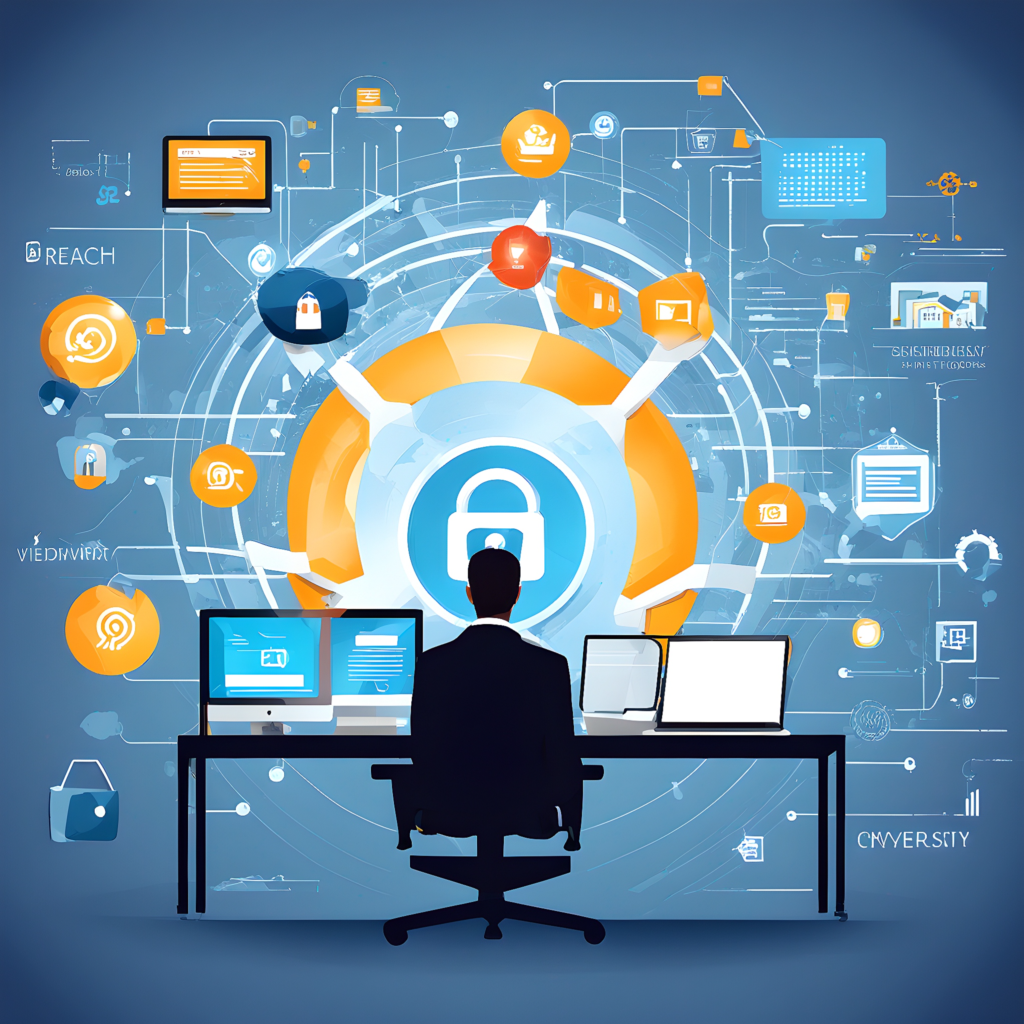Welcome to Securewell’s blog! In this first post, we’ll dive into the fascinating world of cybersecurity. Whether you’re a beginner or an expert, understanding the basics of cybersecurity is crucial in today’s interconnected digital landscape.

What is Cybersecurity?
Cybersecurity is the practice of protecting computer systems, networks, and data from digital attacks. These attacks can include unauthorized access, data breaches, malware infections, and more. As our reliance on technology grows, so does the need for robust cybersecurity measures.
As our reliance on technology grows, so does the need for robust cybersecurity measures. With the increasing sophistication of cyber threats, cybersecurity professionals must continuously adapt and evolve their strategies to defend against a wide range of attacks. This includes implementing advanced intrusion detection systems, conducting regular security audits, and staying abreast of emerging threats and vulnerabilities.
Additionally, promoting cybersecurity awareness and education among employees and users is essential to create a culture of security within organizations. By fostering a proactive approach to security and investing in the latest technologies and practices, businesses and individuals can better safeguard their digital assets and preserve trust in the digital ecosystem
Common Threats and Attacks
Let’s explore some of the most common threats and attacks:
- Malware: Malicious software designed to harm or exploit systems. Types include viruses, worms, Trojans, and ransomware.
- Phishing: Deceptive emails or messages that trick users into revealing sensitive information.
- Social Engineering: Manipulating people into divulging confidential data or performing actions that compromise security.
- Denial of Service (DoS): Overloading a system or network to disrupt its normal functioning.
- Data Breaches: Unauthorized access to sensitive data, often resulting in leaks of personal information.
Why Cybersecurity Matters
- Personal Privacy: Protect your personal information online to prevent identity theft and privacy violations.
- Business Security: Organizations must safeguard customer data, financial records, and intellectual property.
- National Security: Cyber threats can impact critical infrastructure, national defense, and government operations.
How to Get Started
- Learn the Basics: Explore online courses and tutorials on platforms like Coursera, Codecademy, and Harvard.
- Stay Updated: Follow cybersecurity news and trends to understand emerging threats.
- Practice Safe Habits: Use strong passwords, keep software updated, and be cautious of suspicious emails.
- Explore Tools: Familiarize yourself with antivirus software, firewalls, and encryption methods.
Stay tuned for more cybersecurity insights and tips from Securewell. If you have any questions or topics you’d like us to cover, feel free to reach out!
